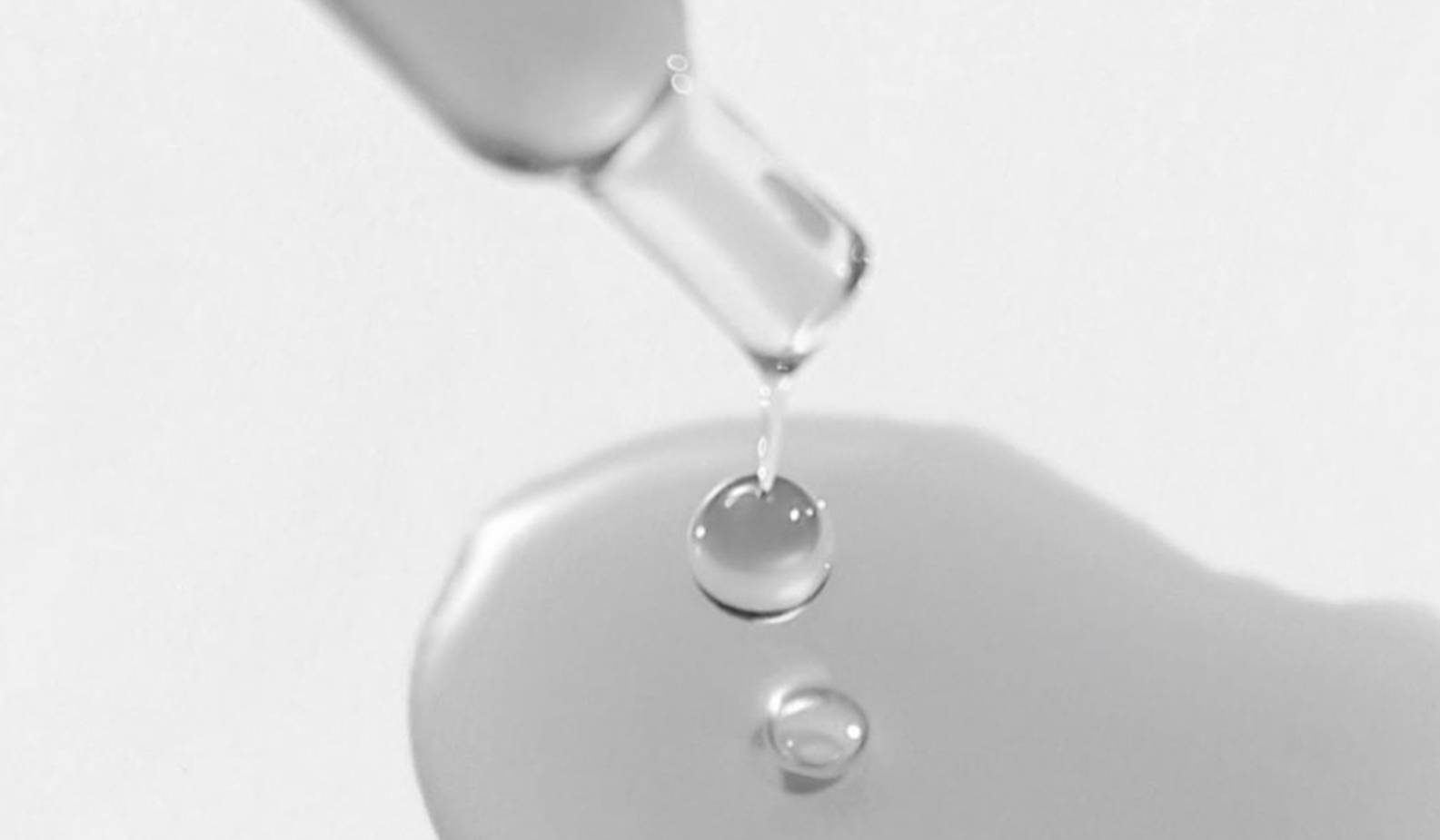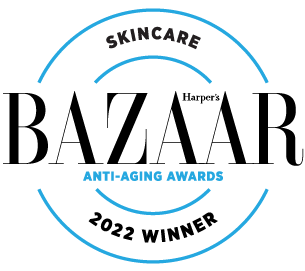
The Unpredictable Chemical Popping Up In Beauty Products
You won’t find 1,4-dioxane on an ingredient label, so how is it ending up in beauty products? Rose Inc. investigates.
Parabens. Synthetic fragrance. Talc. Thanks to an increase in transparency in the beauty industry, reading an ingredient label has become exponentially easier. But just as we’re all getting a better handle on product safety, headlines suggest something unexpected: There could be dangerous chemicals hiding in our favorite formulas—yet totally absent from ingredient labels.
One that’s attracting growing concern with researchers, regulators, and health experts is 1,4-dioxane, a chemical byproduct that forms during the manufacturing process of certain ingredients. But how dangerous is 1,4-dioxane in beauty products? And, better yet, how can you avoid it? Rose Inc. investigates.
1,4-Dioxane: What Is It?
Referred to as “one four dioxane” in conversation, it’s a dangerous chemical found in things like paint strippers and dyes; antifreeze and aircraft de-icing fluids; and in some consumer products like shampoo, deodorant, and cosmetics, according to the Environmental Protection Agency.
“Most consumers haven’t heard of 1,4-dioxane because it’s not an intentionally-added ingredient that would appear on a product label,” explains Janet Nudelman, director of program and policy for Breast Cancer Prevention Partners and co-founder of its Campaign for Safe Cosmetics. “The chemical is generated through a process called ethoxylation, in which ethylene oxide, a known breast carcinogen, is added to other chemicals to make them less harsh.”
For example, a cosmetic chemist may convert sodium lauryl sulfate into its gentler cousin, sodium laureth sulfate, through ethoxylation, which can produce 1,4-dioxane in the final formulation without ever being detected by the consumer. Independent testing of many popular products over the past decade has found troubling levels of the contaminant in things like laundry detergent and shampoo.
“Because manufacturers don’t have to disclose the presence of 1,4-dioxane on product labels, it’s hard for consumers to know if their personal care, or other household products, harbor the hidden carcinogen,”notes Nneka Leiba, MPhil., MPH, vice president of Healthy Living Science at the Environmental Working Group.
1,4-Dioxane: The Health Impacts
The EPA lists 1,4-dioxane as “likely to be carcinogenic to humans by all routes of exposure” and notes that “short-term exposure may cause eye, nose, and throat irritation,” while “long-term exposure may cause kidney and liver damage.”
But personal exposure doesn’t end when a contaminated product is washed down the drain or disposed of by a manufacturer. “Once released into the environment, 1,4-dioxane can move into groundwater which can result in widespread contamination of drinking water supplies,” explains Krystal Pollitt, Ph.D., P.Eng., assistant professor of environmental health science at Yale School of Public Health and co-author of a recent study on the topic. “About 7% of public drinking water supplies in the U.S. exceed the federal health risk guideline...If extrapolated across the U.S., these drinking water levels would expose millions of public water consumers to elevated cancer risk.”
Since 1,4-dioxane is stable in water, meaning it doesn’t break down, it’s often referred to as a ‘forever chemical’, which means that once it gets into a water supply, it’s incredibly difficult and costly to remove.
1,4-Dioxane: How To Avoid It
While it takes more work to remove from your routine than other problematic ingredients in personal care products, it can be done. The easiest way to identify potential 1,4-dioxane exposure from beauty products is to first isolate formulas that create a lot of lather, like shampoo, liquid soap, and sudsy body cleansers or bubble bath. “Look on the label for sodium laureth sulfate, PEG compounds, or chemicals that end with -xynol, -ceteareth, and -oleth, all of which denote the ingredients have been ethoxylated and thus the product could contain 1,4-dioxane,” Nudelman says. In short, avoiding what are referred to as 'ethoxylated ingredients' is key.
Leiba adds that there are tens of thousands of potentially-contaminated products organized into the EWG’s Skin Deep database, including lotions, sunscreens, toothpastes, and many more, to help consumers with quick information.
When it comes to groundwater, you can support pending legislation in your state that seeks to regulate manufacturing processes. The issue has recently reentered the newscycle as New York passed stricter laws to reduce growing exposure, and others, like North Carolina, Michigan, and California, are now grappling with passing stricter legislation as well. While it’s not foolproof, it’s a start towards a cleaner routine—and life.
Photographs by Nikki Cruz.





